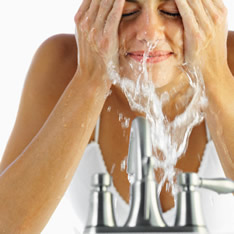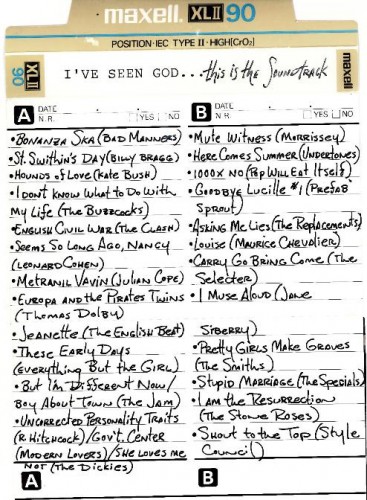Growing up, my dad would always drain the hamburger meat over the sink, running hot water to help keep the grease flowing down the pipes. This should have been the evidence we needed to realize that grease does not belong in the drain pipes. When the grease gets further down the pipes and the hot water stops flowing, the grease solidifies, narrowing the pipes and creating a surface on which other solids can get caught.
According to the 2008-2009 Wastewater Collection and Treatment System Report (WCTSR), the City of Raleigh experienced 56 sanitary sewer overflows. Twenty-one percent of these overflows were a result of grease. Sewer overflows occur when problems in the system cause sewage to come out of manhole covers, service cleanouts or plumbing fixtures. Gross!
So, when tempted to pour grease down the sink, choose another option such as pouring it into an empty can or jar and then dispose of it in the garbage. Alternatively, Raleigh has just announced a new Curbside Grease Collection Pilot Program that will start on November 1st. Learn more about it!
While we’re on the subject of sewer overflows, it’s worth mentioning that 30% of the sewer overflows experienced last year were a result of debris. The WCTSR describes debris as “such items as rags, flushable wipes, sticks, rocks, feminine hygiene products, etc., all of which are illegal to discharge into the sanitary sewer system.”
According to this 2005 N&O article, “it is illegal to introduce (that’s polite sanitary sewer system lingo for flush, drop or pour) anything besides human waste, toilet tissue and used water into the sewer system. That means nothing, not even food scraps or this morning’s bacon grease, is supposed to go down any household drain, toilet or garbage disposal.”
Do you use the toilet as a trashcan, tossing toilet tissue and Kleenex indiscriminately in there? Or do you use those so-called “flushable” wipes or, heaven forbid, flush sanitary napkins or tampons down the toilet? Bad idea. The wastewater treatment system is not designed to handle debris like this. Learn more about Raleigh’s recent ban on flushing “flushable wipes” in this May 2009 N&O article.
This EPA sponsored video helps you understand how non-flushable items behave and the effects they can have on our environment.
With that in mind, here are some general guidelines for your household:
- Collect grease in a container and dispose of it in the garbage.
- Never flush food scraps down the toilet or kitchen sink garbage disposal. Place food scraps in waste containers or garbage bags for disposal with solid waste, or start a compost pile or vermicompost bin.
- Place a wastebasket in the bathroom to dispose of solid waste, including facial tissue, cotton balls, flushable wipes, disposable diapers, condoms and personal hygiene products.





